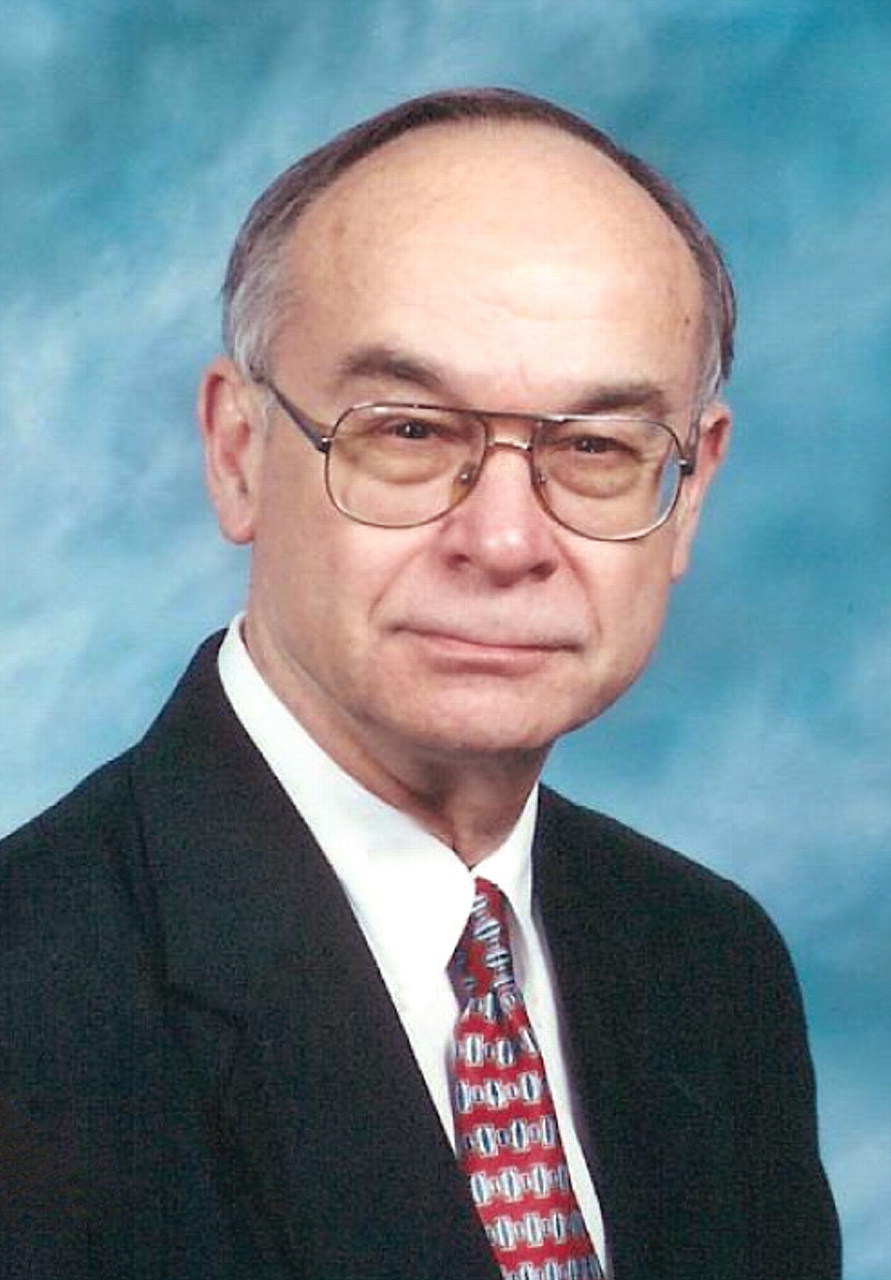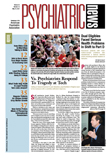Those of us diagnosed with serious mental illness often have a difficult time in our social interactions. In the past this may have been less of a problem for society, because a large proportion of the seriously mentally ill were put in institutions and had little opportunity for social interaction with persons in the community. Because of our long history of being removed from society, those in the larger society have developed attitudinal and linguistic customs of thinking about and referring to us in ways that are less than flattering. These customs take several forms. One is the use of pejorative terms when referring to us. Some examples are“ bonkers,” “crazy,” “loony,”“ lunatic,” “nut,” and “wacko.”
Other pejorative terms are related to diagnostic or legal terms. These include “abnormal, “deviant,” “insane,”“ maniac,” “psycho,” and “schizo.”
Until recently, such terms could be used in social parlance without concern about criticism, because persons with mental illness were not likely to be within earshot. And if we were nearby, we were unlikely to complain, because very few mentally ill persons are willing to reveal their conditions. Indeed, until recently, it was unusual for persons even to admit that they had mental illness in their family.
But times are changing. With the deinstitutionalization movement of the past half century, some 95 percent of mentally ill individuals who were or would have been in psychiatric institutions are now living in the community. Thanks to tremendous progress in treatments during this time, increasingly the 2 percent to 3 percent of adult Americans diagnosed with schizophrenia, schizoaffective disorder, bipolar illness, and other serious mental illnesses are experiencing varying degrees of recovery, returning to school, obtaining jobs, and otherwise reintegrating into the broader society.
A generation or so ago, it was not unusual to hear other groups of our fellow Americans, especially marginalized racial and ethnic groups, referred to with cruel and belittling terms. Today, fortunately, it has become less acceptable to use such hateful words for members of these groups.
Some social customs, however, are resistant to change. The use of such exclusionary terms for people who happen to be mentally ill is still pervasive. Almost every day, on radio or TV or while shopping, I continue to hear cruel, pejorative terms being used to refer to persons with mental illness.
So far, no substantive movement to object to this custom has gained traction. Anyone can hear these terms being used any time and, very unfortunately, anywhere. I say “very unfortunately, anywhere,” because I frequently hear these terms coming from my professional mental health colleagues. And I can hear such terms not only during informal conversations, but also from the podium during professional presentations, frequently eliciting laughter from members of professional mental health audiences.
Those of us with these disorders are increasingly unwilling to remain silent when we hear ourselves being belittled and ridiculed.
Today, those of us in recovery from mental illness see and hear all around us calls for increased diversity and inclusion of all persons regardless of religion, race, ethnicity, gender, sexual orientation, age, and disability. Sometimes we can see this mantra even spelling out the inclusion of persons with physical and “mental” disabilities. It is a sign of progress to see ourselves occasionally included in such calls for multiculturalism, and so on.
But as long as we continue to be the victims of the social ostracism as a result of terms so commonly used for us, we tend to view the calls for our inclusion as hollow sloganeering, having little substantive effect on our status in society.
Although I hope that some day these derogatory terms for the mentally ill will no longer be used so frequently by the general public, I know that such a major alteration in our use of the English language is not likely to occur easily or rapidly. But I hope that someday soon mental health professionals will begin to systematically diminish their use of the harmful, stigmatizing words listed above, at least in public. Of course my deeper hope is that mental health professionals will take the lead in excising these terms from the language in general. This, however, will happen only when these professionals decide to avoid use of these terms in public, in private, and even in their innermost thoughts. ▪

